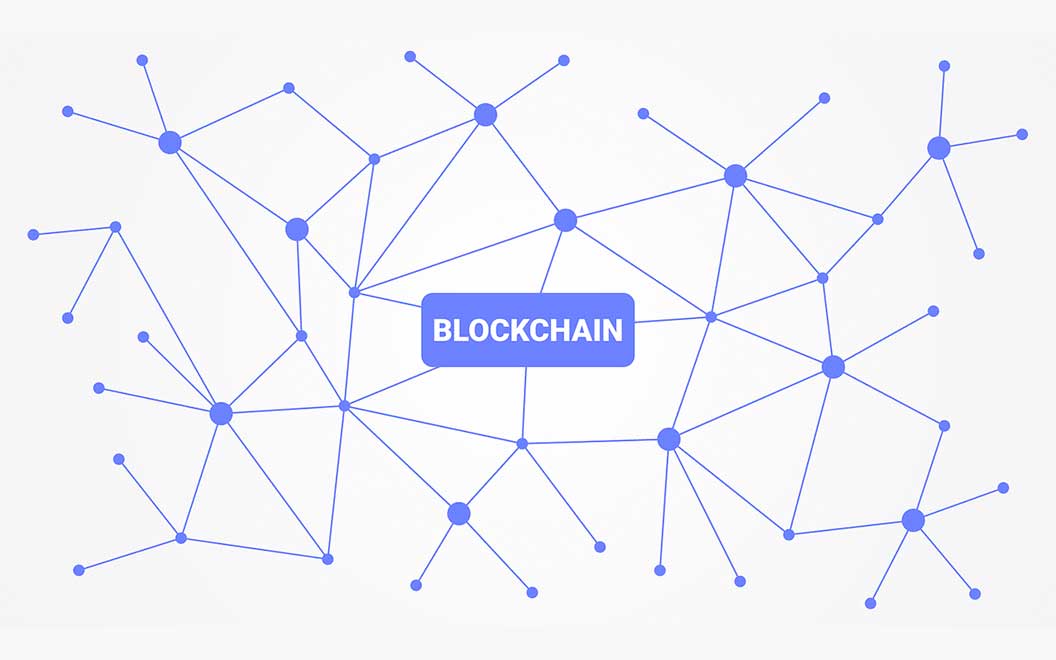Even though blockchain technology acquired popularity as a result of its function in the financial industry, it offers a wide variety of applications that go beyond cryptocurrencies. Many industries, including healthcare, law, real estate, finance, and others, are expected to be dramatically transformed by technology. On the other hand, agriculture is a little-known industry that blockchain has the potential to totally transform.
Despite the fact that blockchain technology sprang to prominence as a result of its use in the financial sector, it has a wide range of applications outside cryptocurrencies. Technology is predicted to radically disrupt several industries, including healthcare, law, real estate, finance, etc. Agriculture, on the other hand, is a little-known industry with the potential to be completely transformed by blockchain. More importantly, it faces a rising number of difficulties that must be addressed right away.
Furthermore, when used in conjunction with smart contracts, it enables timely payments between stakeholders triggered by data changes in the blockchain. For theoretical and practical views, this article investigates the uses of blockchain technology in food supply chains, agricultural insurance, smart farming, and agricultural product transactions. We also go through the difficulties of tracking smallholder farmer transactions and developing an ecosystem for using blockchain technology in the food and agricultural industry.
BENEFITS OF BLOCKCHAIN TECHNOLOGY
Keeping food safe
The use of blockchain in agriculture has the same potential for success as the use of IoT in agriculture. The blockchain has the potential to give a cost-effective and dependable answer to the pressing demand for product traceability and supply chain control. A blockchain helps to eliminate duplicate operations, improve quality control, and monitor storage conditions by capturing information about products at every level of the agricultural supply chain. Agricultural enterprises currently use intelligent IoT sensors to monitor crops, and using distributed ledger technology to record and validate all data would strengthen sensing technologies.
Agribusiness insurance
Private farmers, agricultural estates, and all participants in the supply chain will benefit from self-executing smart insurance contracts built on distributed ledger technology. Intelligent contracts will remove the human element from insurance claim evaluation, making the process simpler, quicker, and more transparent. Smart contracts will also reduce the danger of fraudulent claims and insurance provider corruption because no one will be able to change insurance plans after they’ve been agreed upon.
Agricultural finances
The blockchain can bring transparency to agricultural financial transactions, credit history, and financial agreements for smallholders who want to invest in farming. Smaller farmers will be able to pay for raw materials and machinery partially or after delivery with shared access and irreversible deals, ensuring fair market pricing.
Environmental stewardship
Agriculture is more affected by climate change and unpredictable weather than other businesses. Agribusinesses must comply with the standards of numerous environmental programs, such as climate or green bonds, in addition to taking responsibility for our planet’s future. Companies are increasingly required to monitor, verify, and report according to sustainability regulations to demonstrate their climate-friendly agricultural practices to investors and keep their businesses afloat.


Comments are closed.